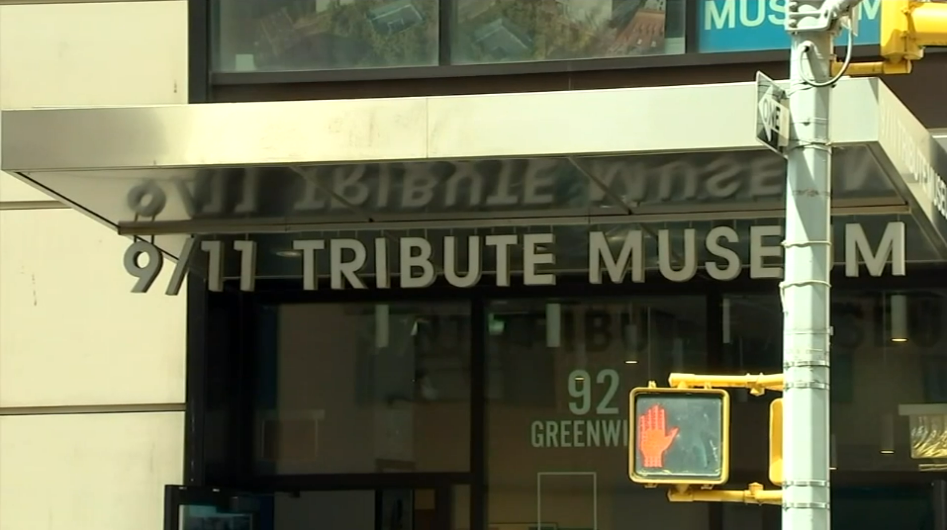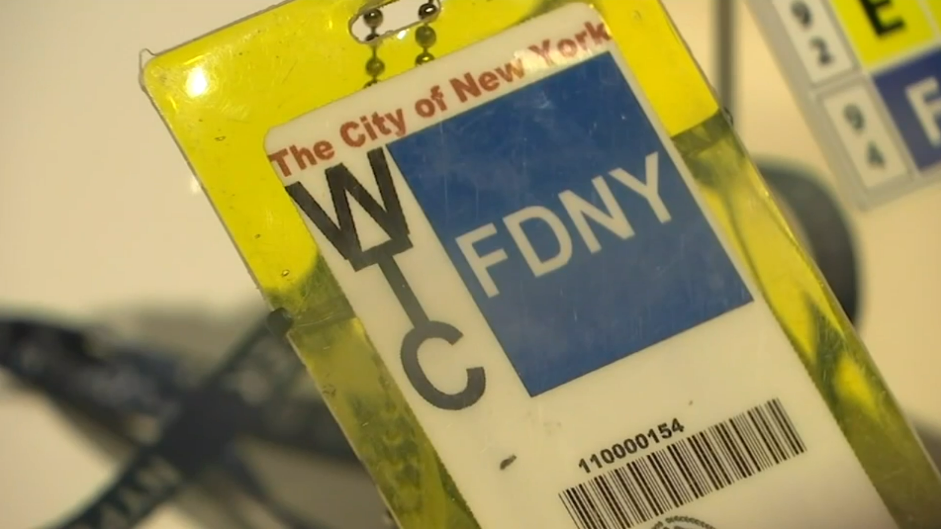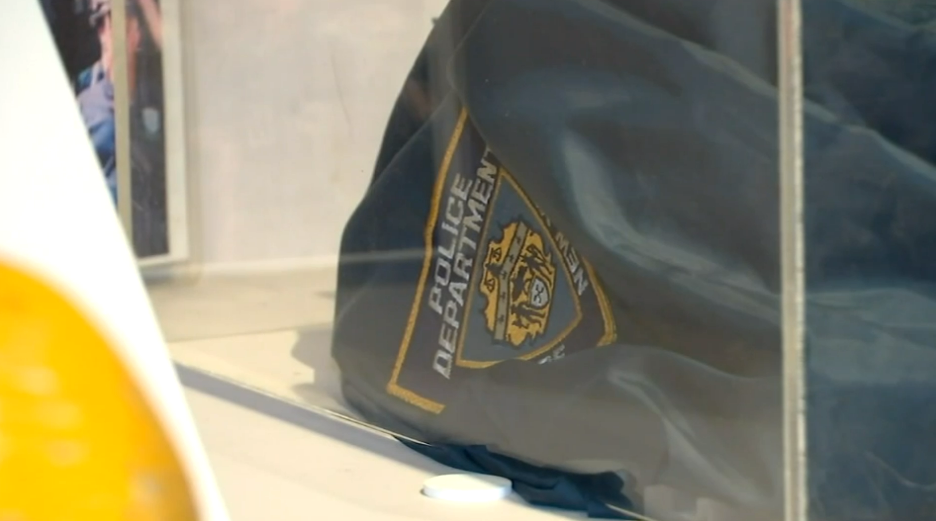Manhattan’s 9/11 Tribute Museum permanently closes ahead of 21st anniversary of terror attacks
The 9/11 Tribute Museum was best known for highlighting the stories of survivors and providing tours of Ground Zero
The 9/11 Tribute Museum in Lower Manhattan has closed its doors permanently to visitors, less than a month before the 21st anniversary of the 2001 terrorist attack on the World Trade Center.
Museum co-founder and CEO Jennifer Adams said in a release Wednesday that the “lost revenue caused by the pandemic prevents us from generating sufficient funding to continue to operate the physical museum” but noted that they’ll retain an online presence.
“For over a decade the Tribute Museum has shared educational resources for teachers and students online, reaching classrooms around the world with personal stories,” the news release said. “The Association is proud to continue its mission with its focus now being on an online, interactive engagement with the 9/11 community.”
Opened in 2006, the smaller Tribute Museum was spearheaded by the September 11th Families’ Association – formed a couple months after the deadly attacks – and has been run mostly by volunteers who either survived the attacks or were family members or friends of those who died since then.
Originally, however, the non-profit was run by the widows and families of FDNY members who died in the attacks, functioning as a support mechanism for all the victim’s families.

The larger National September 11 Memorial & Museum, which emphasises more on those who died in the attacks, remains open and the physical items preserved by the group will be transferred to the New York State Museum in Albany who is also assisting in relocating the items upstate and says they will ensure the artefacts are treated respectfully and with care.
“We’re millions of dollars in debt with our lease, and to try and make that up on top of our annual operating cost is almost impossible without visitors or some intervention from our government,” Ms Adams-Webb said in an interview with ABC 7.

Since opening, the museum has welcomed five million visitors across its threshold, though those numbers began waning in recent years and were significantly hampered with the onset of the pandemic in 2020.
In 2011, the museum greeted approximately 500,000 visitors a year, but as recently as last year, that number had been slashed to a fraction of that figure at just 26,000.
“Two-thirds of our income revenue annually comes from our earned income from admissions,” Ms Adams-Webb said in an interview with The New York Post. “We were completely closed for six months in 2020. We had been averaging 300,000 visitors a year … and last year we had a total of 26,000 visitors, so it completely annihilated our earned income.”

In addition to the physical location shutting down, the museum said that they will also be ending the Tribute Walking Tour program, which guided visitors interested in learning about the terrorist attacks through ground zero and was typically headed up by one of the non-profit’s community of survivors, first responders, residents and family members.
The loss of the physical space, which the museum’s founder noted was a “huge loss” for the community of survivors, is not something that the non-profit will be able to recover from without assistance from the state or the city stepping in.
“It’s a huge loss for those people who called this their second home, where they could come and share their story,” said Ms Adams-Webb to The Post. “There’s no museum that has the dual mission we have to support the community and also educate visitors that come here.”
Join our commenting forum
Join thought-provoking conversations, follow other Independent readers and see their replies
Comments
Bookmark popover
Removed from bookmarks